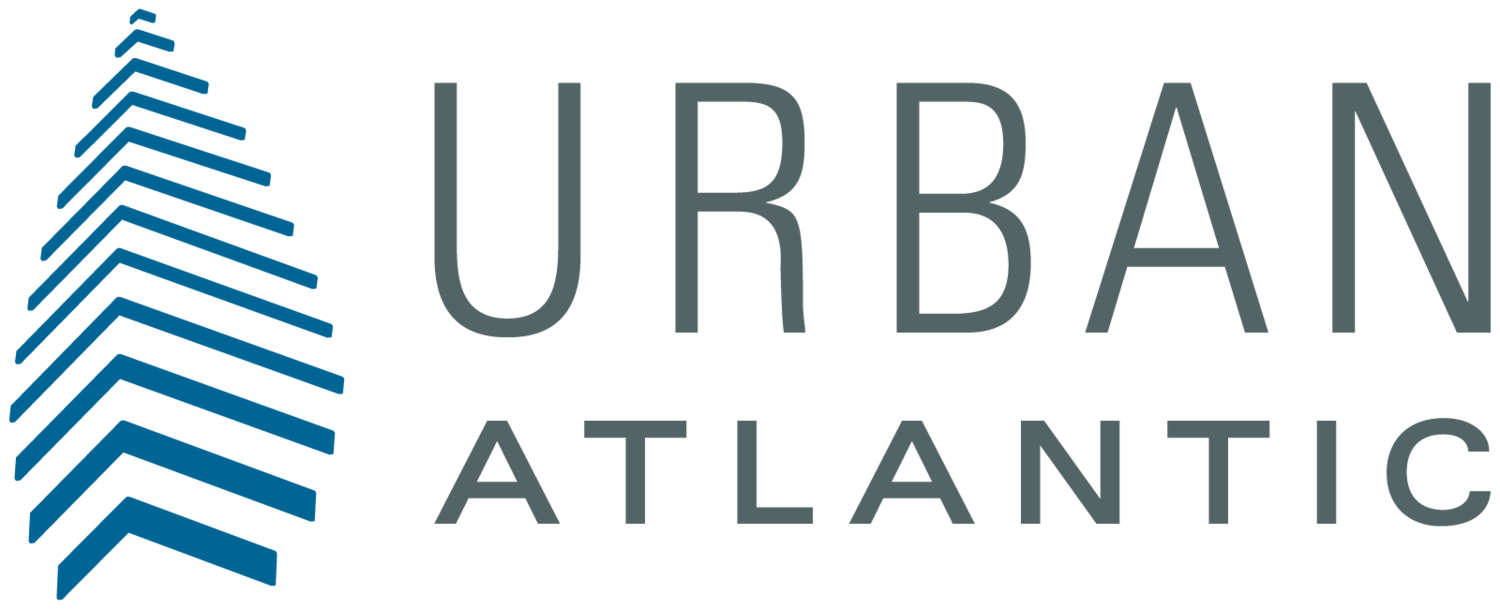Urban Atlantic delivers both strong social impact and financial yield for private institutional and family office investors, as well as public partners.
Whether arranging financing for our own developments or managing third-party investment funds, we return shared value by envisioning unrealized possibilities. We apply a unique breadth of business lines that work together to build vibrant, inclusive communities.
With nearly $3 billion in development and acquisitions since our founding in 1998, we have generated shared value and opportunity for investment and development partners, and those who live and work around us. Urban Atlantic has additionally generated $2 billion in financing through our New Markets Tax Credits and EB-5 investment platforms.
Our layered finance experience includes Low Income Housing Tax Credits, New Markets Tax Credits, Taxable and Tax-Exempt Bonds, Tax Increment Financing, Payment in Lieu of Taxes, Ground Leases, Property Assessed Clean Energy, HOPE VI, FHA, and multiple jurisdiction-specific public finance tools.
New Markets Tax Credits
Urban Atlantic forges profitable, value-intensive, and community-minded Investments with our partners.
Through our subsidiary, Mid-City Community CDE, we invest funds through the U.S. Treasury’s New Markets Tax Credit (NMTC) program.
We use NMTC to finance commercial and mixed-use real estate projects and community-based businesses that work alongside housing and infrastructure investments to achieve transformative, sustainable community impact. Since the creation of Mid-City Community CDE in 2002, we have received and deployed a total of $309 million in tax credits into 37 projects valued at over $2 billion benefiting low-income urban and rural communities throughout the United States including the District of Columbia and Puerto Rico.
Mid-City provides NMTC financing to both operating businesses and real estate projects.
We draw upon an extensive network and institutional history of relationships within underserved communities to understand the specific needs of low-income people in local communities to ensure that each investment serves those need and makes a positive impact.
In particular, Mid-City seeks projects that create quality jobs for low-income people, increase the availability of quality goods and services and fresh food in Food Deserts, finance minority-owned businesses, and create discounted space for locally- and minority-owned businesses and nonprofits serving low-income residents.



